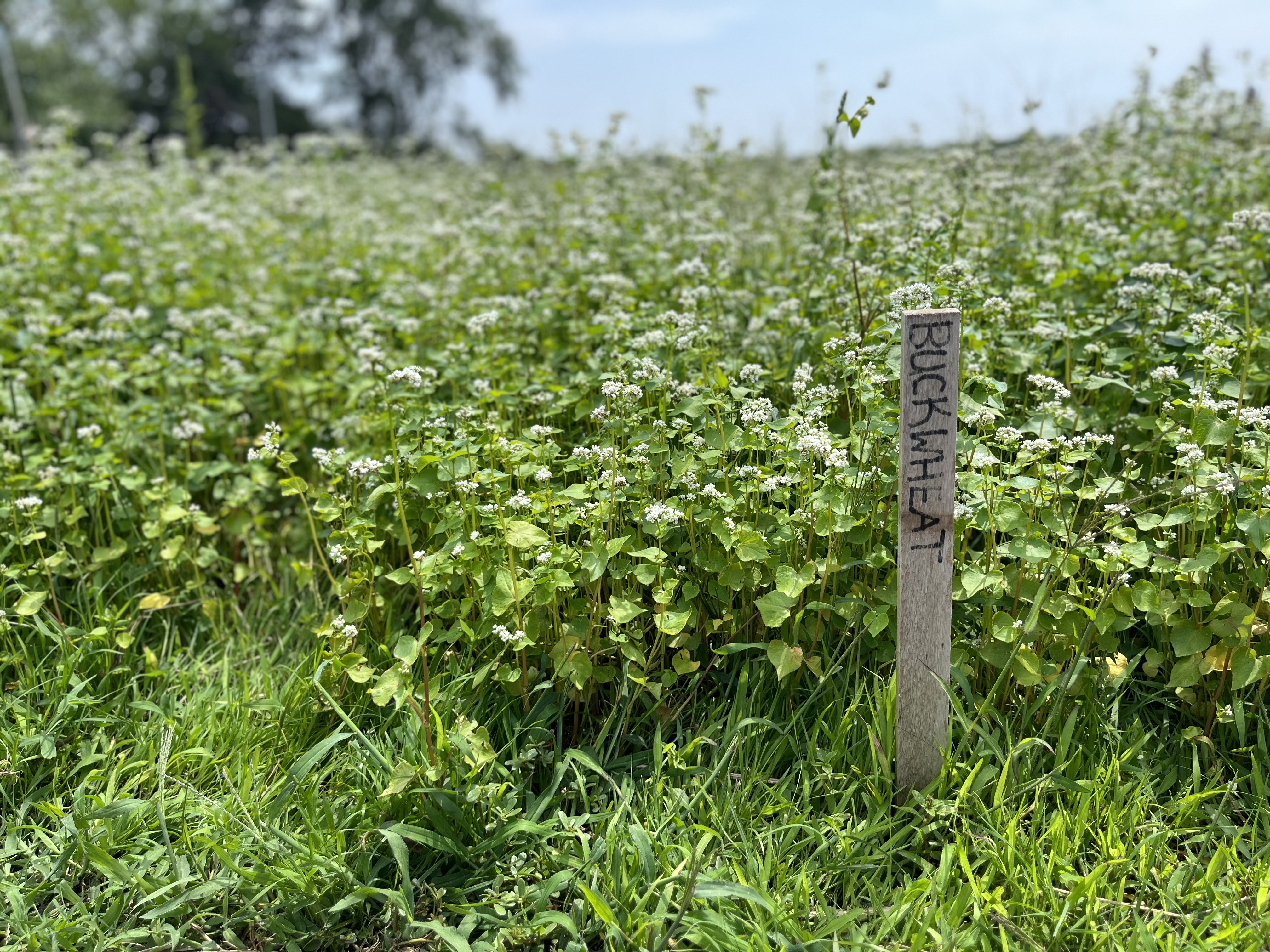Share This
Most of the conversation around sustainable diets revolves around eating less meat. But according to experts, the number one source of calories in a sustainable diet shouldn’t be vegetables or beans or even nuts. It turns out, in order to save the planet, we should be getting most of calories from whole grains.
In the groundbreaking EAT Lancet report, a commission of distinguished scientists from different fields set out to examine the components of a healthy diet and the link between diet and environmental health. Through an extensive review of literature, the researchers found that an ideal diet that meets basic nutritional needs and can be sustainably produced is mostly plant-based. Specifically, this diet should get 32% of its calories from whole grains, 14% from unsaturated oils, 12% from nuts, 11% from legumes, 8% from fruits and vegetables, as well as small amounts of other optional ingredients like dairy and meat.
The authors suggest that a global shift towards these dietary principles can prevent approximately 11 million deaths per year, and can sustainably produce enough food for the growing population without further damage to the environment.
Fruits and vegetables are very nutritious, but because they aren’t as calorically filling as grains, much more food would have to be grown to make them the base of our diet. Similarly, raising animals for meat production requires a substantial amount of land and water. Grains have a gentle environmental impact and have the public health potential to optimize human nutrition when consumed as a significant portion of the diet – a win/win!
Making the switch to whole grains can also help put a dent in food waste. Today, an estimated 30-40% of food in the U.S. gets wasted. By consuming whole grains with all of their bran, germ, and endosperm, rather than refined or enriched grains that contain only the starchy endosperm, we can maximize both the yield and the nutrition. Put another way, one bushel of wheat yields approximately 60 loaves of whole grain bread, but only 42 loaves of white bread.
Are you one of the 69% of consumers who recognize whole grains as environmentally sustainable, or one of the savvy 17% of consumers who report sustainability as a motivation for choosing whole grains? If not, what are you waiting for? Go with the grain, and the planet will thank you! (Kelly)
To have our Oldways Whole Grains Council blog posts (and more whole grain bonus content!) delivered to your inbox, sign up for our monthly email newsletter, called Just Ask for Whole Grains.


Comments
Add a Comment